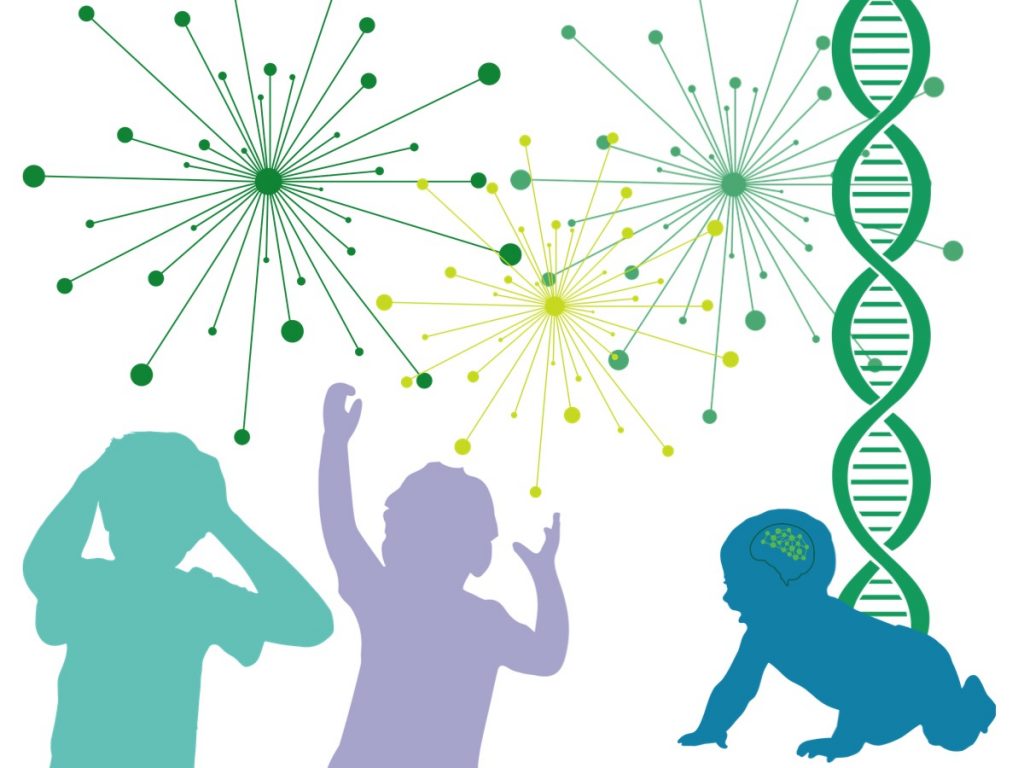
Children are born with a certain temperamental disposition. Their temperament guides how they approach the world, and affects how people respond to them. What determines our unique temperament?
Let’s start with biology. Studies show that identical twins’ temperament traits are more similar than fraternal twins’. About 50% of differences in our temperament come from our genetics.
Genetics have a stronger influence on some temperament traits. For instance, a child is more likely to inherit a disposition for negative compared to positive emotions. Scientists have found a link between a specific gene and individual differences in serotonin levels. Serotonin, a chemical made in our brain, can reduce anxiety and depression. But low levels can lead to negative emotions. This is just one example of how genes influence temperament.
Genetic factors help determine our temperament, but they are just part of the picture. Environmental factors and experiences play a big role in shaping our temperament. Next we’ll explore how culture and social groups, gender, and parenting practices influence temperament.
-
- Anterior cingulate cortex
- part of the brain that helps control emotional impulses
- Dimension
- more or less of a behavior
- Goodness of fit
- occurs when your expectations are compatible with a child’s temperament
- Negative reactivity
- a tendency to react in a negative manner
- Positive reactivity
- a tendency to react in a positive manner
- Prefrontal cortex
- the decision-making area of the brain
- Self-regulation
- a child’s ability to concentrate, to manage emotions, and to control impulses
- Temperament
- how a person approaches the world